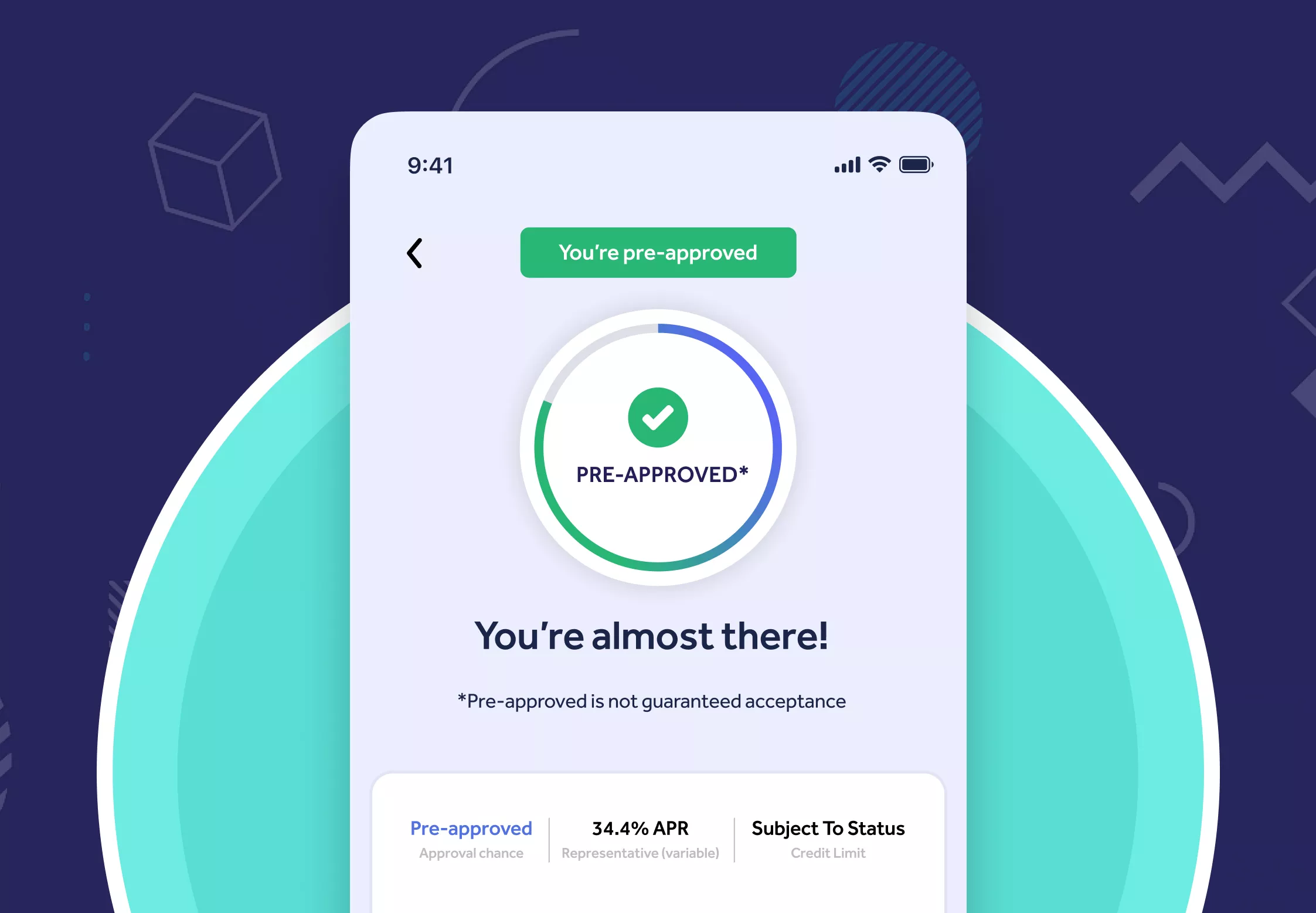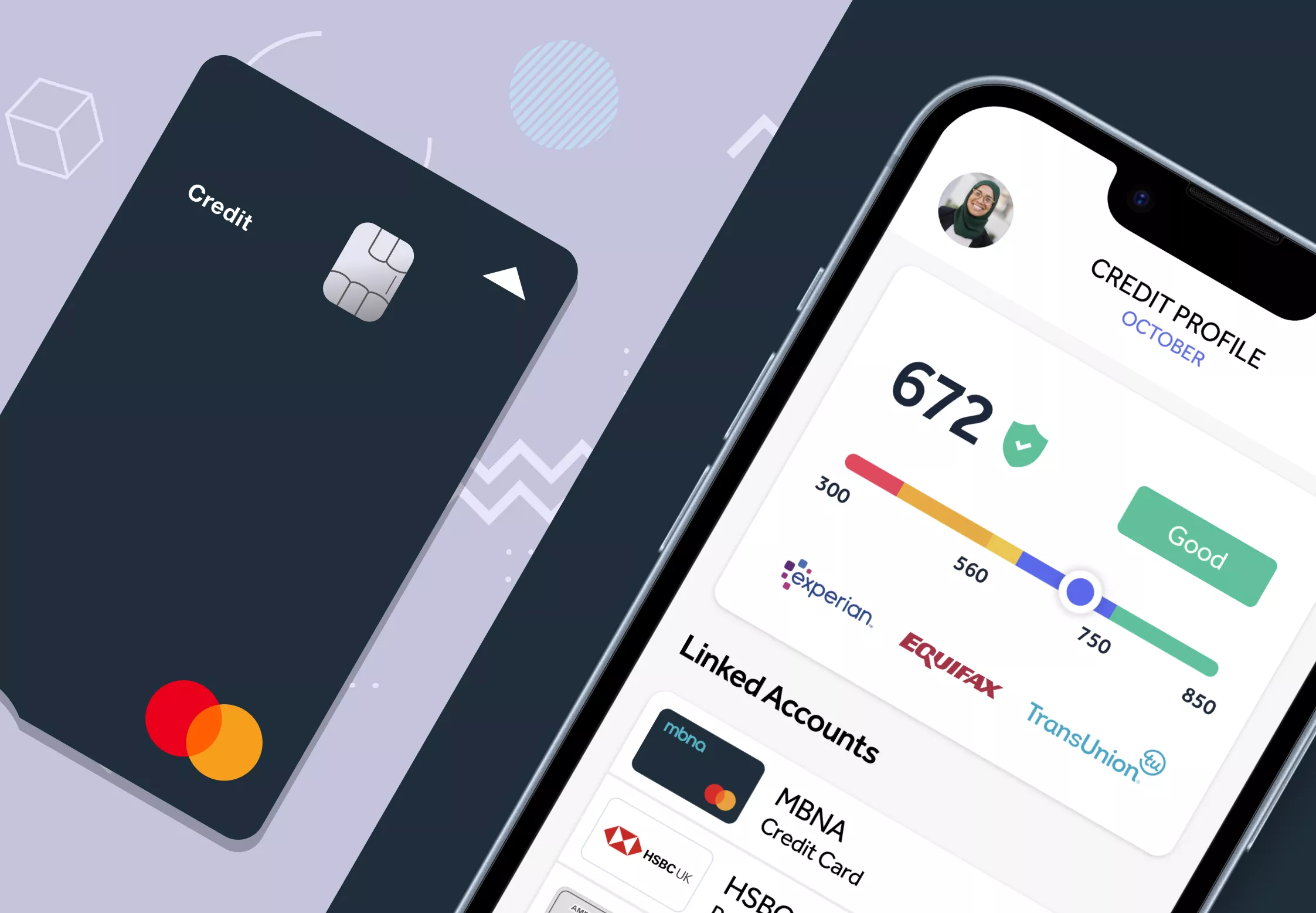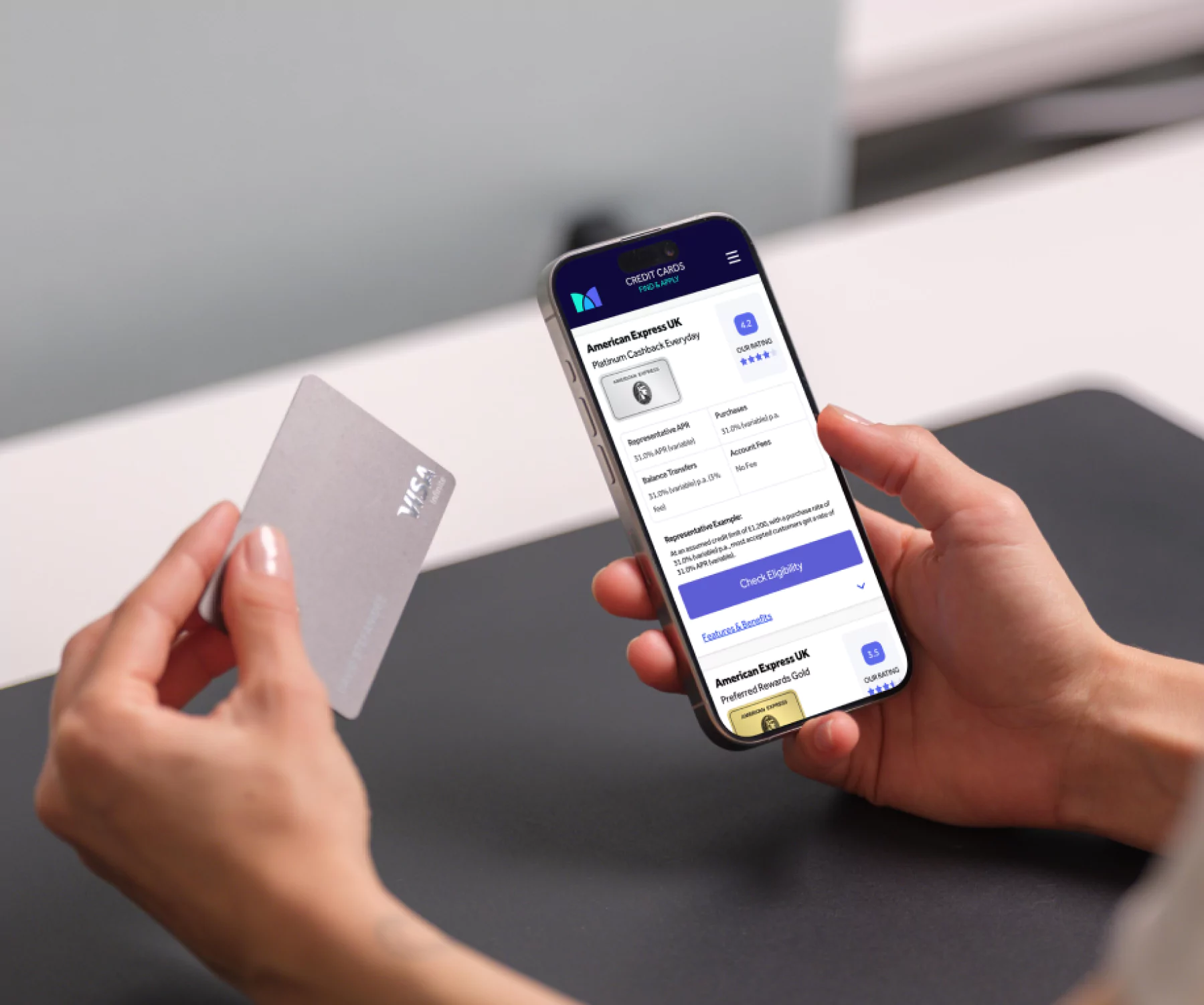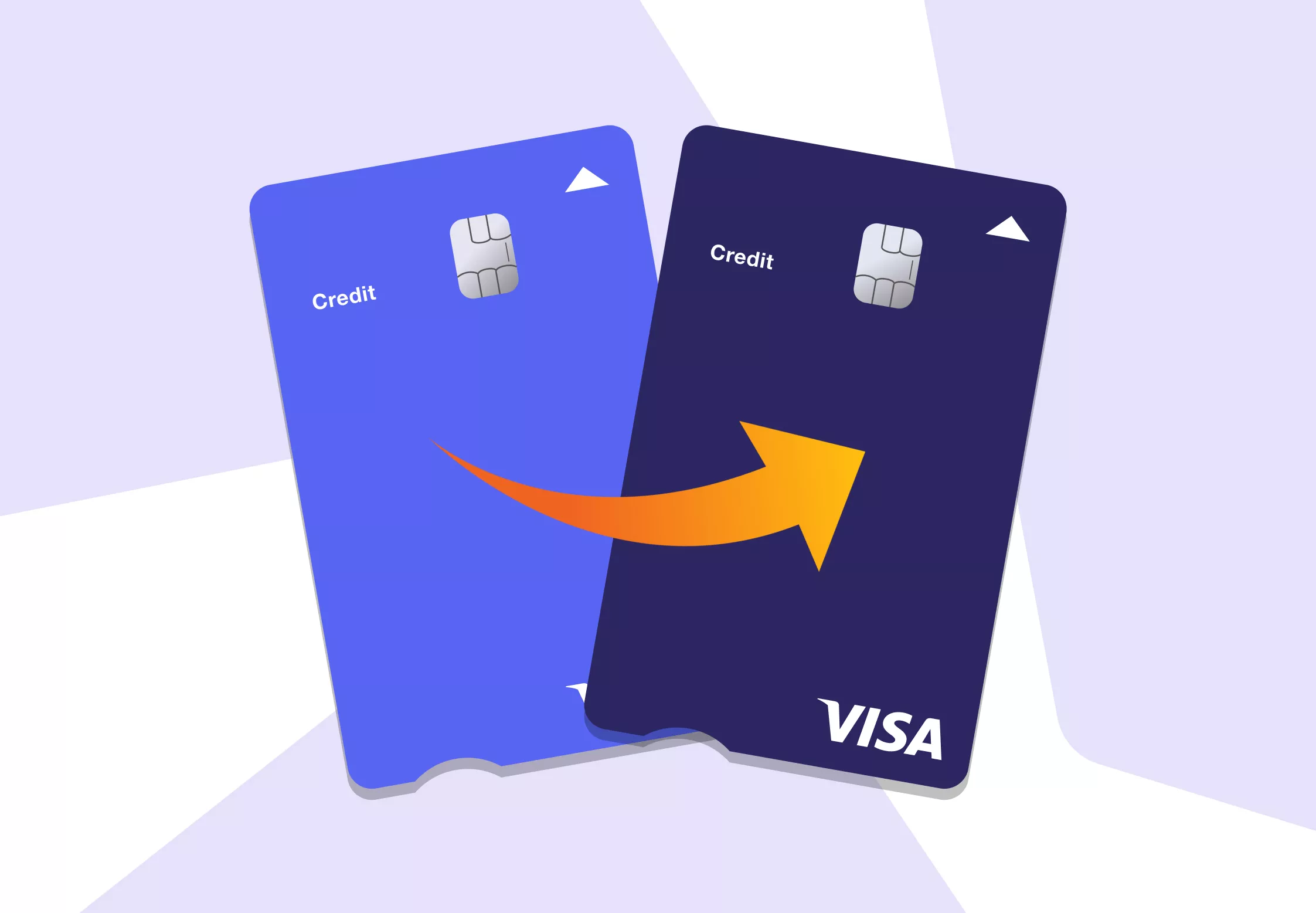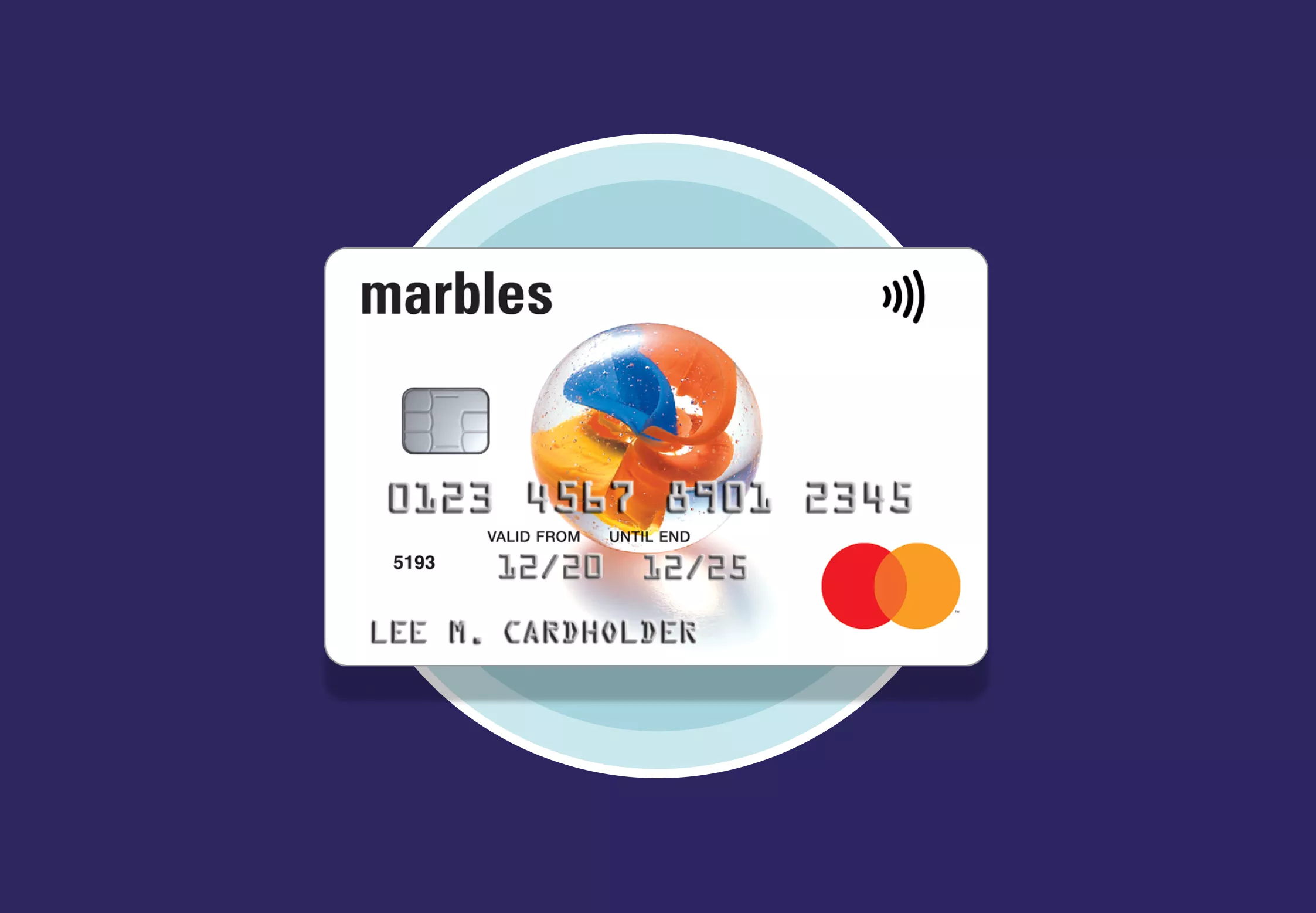Car finance vs personal loan UK
Editor, Consumer Finance: Michelle Blackmore
Last Updated: February 7, 2026
In This Article

Deciding whether to use car finance or a personal loan to fund a vehicle is an important decision, especially when each option has different costs, structures and levels of flexibility. This guide explains how car finance, including Hire Purchase (HP) and Personal Contract Purchase (PCP), compares with using an unsecured personal loan, so you can understand the key differences before you commit.
The aim is not to steer you towards one product, but to help you weigh up how each option works, what it might cost, and how it fits with your budget and plans for the car. All borrowing is subject to status and affordability checks, and the terms you are offered will depend on your individual circumstances.
What is a personal loan for a car?
A personal loan is an unsecured credit agreement that provides a fixed lump sum to buy a vehicle outright. The funds are paid directly to you, and you become the legal owner of the car from day one. Repayments are made in fixed monthly instalments over an agreed term, with interest added.
Because the loan is unsecured, the car is not treated as an asset that the lender can take back if you miss payments. You can buy from a dealership or a private seller, and there are no mileage limits, condition rules or end-of-term fees. The rate you are offered will depend on your credit profile, income, outgoings and the lender’s affordability assessment.
What is car finance?
Car finance is an agreement where you spread the cost of a vehicle over monthly payments, often with a deposit at the start. Unlike a personal loan, these products are linked to the car itself. Common types include Hire Purchase (HP), Personal Contract Purchase (PCP) and conditional sale.
With hire purchase, you pay a deposit and monthly instalments until the end of the term. Ownership transfers once the final payment is made. Personal contract purchase works differently. Monthly payments are usually lower because you are not repaying the full value of the car. At the end of the term, you can return the vehicle, part-exchange it, or buy it by paying the optional final payment, often called a balloon payment.
Conditional sale agreements are similar to hire purchase, but you automatically become the owner at the end without needing a final payment. All car finance agreements include credit checks, affordability assessments and terms that vary by lender or broker.
If you want to understand the practical steps involved in arranging car finance and how the process works when you need it organised quickly, you can read our quick car finance guide. It covers what lenders look for, the documents you may need and how to prepare so the application process goes smoothly.
Car finance vs personal loan
When funding a vehicle, most people choose between an unsecured personal car loan and a structured car finance agreement such as hire purchase (HP) or personal contract purchase (PCP). Each option works differently, and the right approach depends on your budget, how you plan to use the car, and whether owning the vehicle from the start is important to you.
A personal loan gives you the full amount upfront and ownership straight away. Car finance spreads the cost over time and is linked to the vehicle, with different end-of-term options depending on the type of agreement. This comparison highlights the key differences to help you understand how each structure fits your needs.
| Feature | Personal Car Loan | Car Finance (HP or PCP) |
|---|---|---|
| Ownership | You own the car from day one | You own it only after final payment (HP) or have the option to buy (PCP) |
| Flexibility | Can buy from any seller, including private sellers | Usually tied to specific dealerships or vehicles |
| Upfront deposit | Not always required | Could be required (usually 10% or more) |
| Monthly cost | Fixed monthly repayments based on total loan | HP: Higher monthly cost; PCP: Lower monthly cost, large balloon payment |
| Early repayment | Usually allowed, check for fees | Varies by lender; may include early settlement charges |
| End-of-term options | No restrictions, car is already yours | Return, keep (PCP), or part-exchange vehicle |
Both options can be affordable depending on your credit rating and the lender’s terms. A soft search eligibility check can help you understand which type of product you’re more likely to be accepted for.
If you are also considering paying for part or all of the car with a credit card, our guide on which UK car dealers accept credit cards explains how card payments are handled, when they may be allowed and what to check before using one.

Get Personalised Loan Rates
Find lenders that may be able to approve you
Options for all credit backgrounds
Representative 32.9% APR
No impact to your credit score
Mintify Limited, trading as Mintify, is an Introducer Appointed Representative of Creditec Limited who acts as a credit broker, not a lender.
Which is cheaper: car finance or a personal loan?
There is no single option that is always cheaper. The total cost depends on the interest rate you are offered, the length of the agreement, any fees included in the contract and whether a final payment is required. A personal loan may offer a lower overall cost in some cases, depending on the rate and term you are offered, as there is no optional final payment. However, the monthly payments may be higher.
Car finance products such as HP and PCP can offer lower monthly costs, but the total amount repayable may be higher, especially if the agreement includes a large optional final payment. Mileage limits, vehicle condition requirements and deposit sizes can also affect the overall structure and cost of the agreement.
Comparing both options side by side, including the full amount repayable, can help you understand which approach aligns better with your budget and how long you plan to keep the car.
A soft search lets you check your eligibility for both personal loans and car finance products available through the broker panel, without any impact on your credit score.
Mintip: Always compare the total amount repayable, not just the monthly payment. A lower monthly cost can sometimes result in a higher overall spend if the term is longer or includes a final payment.
Pros and cons of personal loans
Personal loan can be a straightforward way to fund a car because you own the vehicle from the start and repayments are fixed. However, they may not suit every budget or credit profile. Here are some points to consider.
Pros
- You own the car immediately, giving you full control over how and where you buy it.
- There are no mileage limits, condition rules or end-of-term fees to follow.
- Monthly repayments are fixed for the full term, which can make budgeting easier.
- You can buy from private sellers as well as dealerships.
- There are no balloon payments at the end of the agreement.
Cons
- Monthly payments may be higher than some car finance options because you are repaying the full loan amount .
- Rates can vary significantly based on your credit profile and affordability assessment.
- If you want to change cars frequently, a personal loan may have less flexibility.
- There is no option to return the car at the end of the term since you already own it.
Pros and cons of car finance
Car finance options such as Hire Purchase (HP) and Personal Contract Purchase (PCP) let you spread the cost of a vehicle over time. Each structure works differently, and the benefits and limitations can vary depending on your budget, how long you plan to keep the car, and whether ownership at the end is important to you.
Pros
- Monthly repayments can be lower with PCP because you are not repaying the full value of the car during the term.
- Hire purchase offers a straightforward path to ownership once the final payment is made.
- Many agreements give you options at the end, such as returning or part-exchanging the car.
- A deposit can reduce the amount you need to borrow, helping to manage monthly costs.
Cons
- Mileage limits and vehicle condition rules may apply, especially with PCP agreements.
- The total amount repayable can be higher if the agreement includes a large optional final payment.
- You do not own the car until the end of the term, unless you pay the final balloon payment with PCP.
- You usually need the lender’s permission before selling or making significant changes to the vehicle.
If you are considering using a personal loan to fund your car, you can read our full guide on the best car loans and finance deals in the UK. It explains how the products work, what to look out for and how to compare options in more detail.
When a personal loan might suit you better
A personal loan can work well if you prefer a simple borrowing arrangement and want clarity over your long-term costs. It may also be suitable if you plan to keep the same vehicle for several years and want a borrowing method that does not depend on the type of car you choose or how you use it.
- You want a single, straightforward credit agreement that is easy to manage over time.
- You have a stable plan to keep the car for the long term rather than replacing it regularly.
- You prefer to make decisions about the car independently without following specific product rules.
- You value having the full cost of borrowing defined at the outset with no end-of-term choices to consider.
- You want flexibility over how and when you dispose of or upgrade the vehicle in the future.
When car finance might suit you better
Car finance can be appropriate if you prefer a structured way to spread the cost of driving a newer vehicle and want predictable options at the end of the agreement. It may also suit you if you change your car needs regularly and value having a clear plan for replacing or upgrading the vehicle in the future.
- You change your vehicle needs every few years and want a product that fits into a planned replacement cycle.
- You prefer an agreement that outlines the available choices at the end, helping you plan your next steps in advance.
- You want a borrowing method that aligns the car’s use with a set term, making it easier to budget around how long you intend to keep the vehicle.
- You are comfortable choosing from structured options at the end rather than managing the full sale or disposal of the car yourself.
- You prefer a model where the agreement is closely tied to the car, making your plan for the vehicle more predictable over the term.
Important: Missing payments can lead to extra charges and may affect your credit rating. Only take out credit if you’re confident you can keep up with the repayments. If your repayments ever become difficult to manage, free and impartial support is available from organisations such as StepChange, National Debtline and MoneyHelper.
Key takeaways: Car finance vs personal loan
Choosing between a personal loan and car finance comes down to how you prefer to structure your borrowing and how long you plan to keep the vehicle. Each option works differently, so understanding the total cost, the terms involved and the level of flexibility you want can help you reach a more informed decision.
It can also be helpful to think about how each option fits into your wider budget and long-term plans for the car. Reviewing everything together gives you a clearer view of what each route involves before deciding which approach aligns most closely with your needs.
- Personal loans and car finance work differently, with each offering its own structure and level of flexibility.
- The total amount repayable can vary depending on the product, term length and your financial profile.
- Your plans for how long you intend to keep the car can influence which route feels more suitable.
- Understanding all fees, conditions and end-of-term requirements gives a clearer view of what each option involves.
You can also check your eligibility with a soft search, which helps you see which personal loans and car finance products you may be matched with through the broker panel, without affecting your credit score.

Get Personalised Loan Rates
Find lenders that may be able to approve you
Options for all credit backgrounds
Representative 32.9% APR
No impact to your credit score
Mintify Limited, trading as Mintify, is an Introducer Appointed Representative of Creditec Limited who acts as a credit broker, not a lender.
Related Articles
Check your credit card eligibility in the UK
Balance transfer cards for credit builders
How much can you balance transfer?
What is a balance transfer fee?
How to do a balance transfer on a credit card
Marbles credit card review – is it a good option to consider?
The content presented here has been impartially gathered by the Mintify team and is offered on a non-advised basis for informational purposes only. We adhere to strict editorial integrity. Mintify is an Introducer Appointed Representative of Creditec Limited. We provide editorial reviews of the whole market, but we only provide links to apply for products available through Creditec’s panel of lenders. We may earn a commission if you click these links. This does not affect our editorial independence, but it limits the products you can apply for directly on this site.
